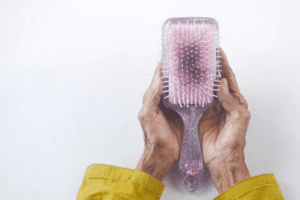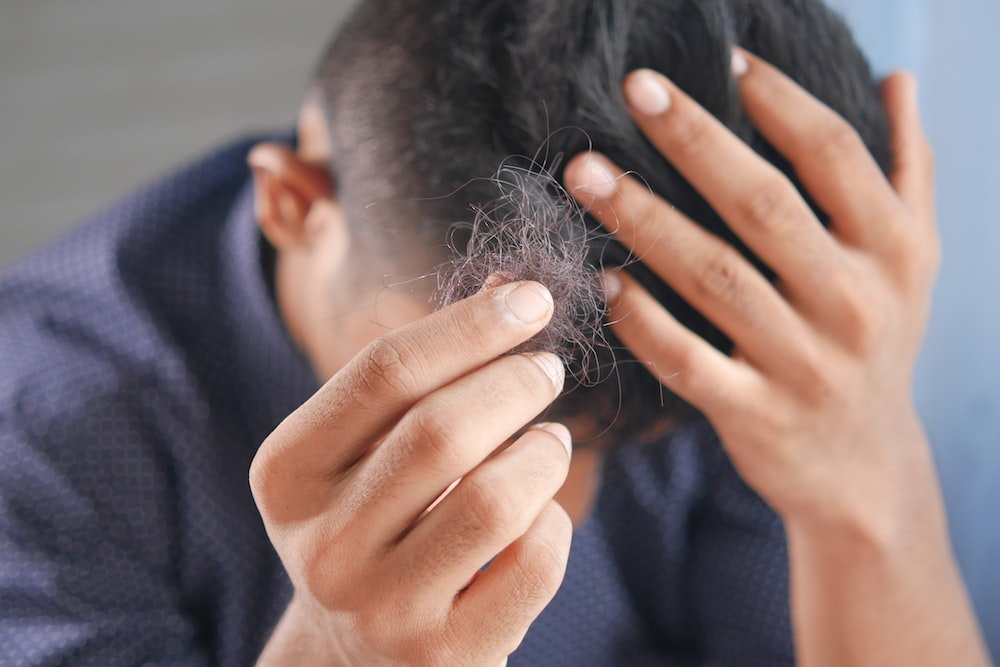Hormonal Hair Loss in South Carolina: The 3 Culprits to Watch Out For
Approximately 50 percent of men experience hair loss by the time they hit 50. However, hair loss is not exclusive to men, as women can also face this issue due to multiple reasons.
In fact, around 50 percent of women go through some noticeable hair loss. The most common type among women is female pattern hair loss, affecting roughly one-third of females in the United States. Like male pattern baldness, female hair loss is often attributed to hormonal imbalances.
In this blog, we’ll look closely at the main causes of hormonal hair loss in South Carolina.
1. Excess Androgens
The leading cause of hormonal hair loss is an excess of androgens, male sex hormones, and hormonal imbalances. Androgens influence both female and male pattern baldness.
In female-pattern baldness, androgens can weaken hair follicles, leading to excessive shedding. Sensitivity to androgens may worsen during estrogen-related changes, such as when using birth control or during menopause.
On the other hand, male pattern baldness is linked to an upsurge in a specific androgen known as dihydrotestosterone (DHT). DHT not only binds to hair follicles and inhibits hair growth, but it also reduces the overall lifespan of the hair. This condition is commonly referred to as androgenetic alopecia.
2. Hypothyroidism and Hyperthyroidism
Hair loss can also be influenced by various hormone-related conditions, with some involving thyroid hormones.
Both hypothyroidism (underactive thyroid) and hyperthyroidism (overactive thyroid) can lead to hair loss due to the hormonal imbalances they cause. In addition, autoimmune diseases affecting the thyroid gland, like Graves’ disease and Hashimoto’s thyroiditis, may also contribute to hair loss.
3. Decline in Estrogen and Progesterone
Hair loss during menopause is primarily caused by hormonal imbalance. In particular, a decrease in the production of estrogen and progesterone results in hormonal hair loss. These hormones are crucial in promoting faster hair growth and prolonging the time hair stays on the head.
As estrogen and progesterone levels decline, hair growth slows down and becomes noticeably thinner. Additionally, the reduction in these hormones leads to an upsurge in the production of androgens. The presence of androgens, as mentioned earlier, causes hair follicles to shrink, ultimately resulting in hair loss on the scalp.

Maintaining optimal hormone levels can significantly help prevent hormonal hair loss. If you struggle with hormonal imbalances and experiencing hair loss, consider contacting Ryze HRT for expert guidance and hormone replacement therapy in South Carolina. Taking proactive steps towards achieving hormonal balance can lead to healthier hair and overall well-being.




